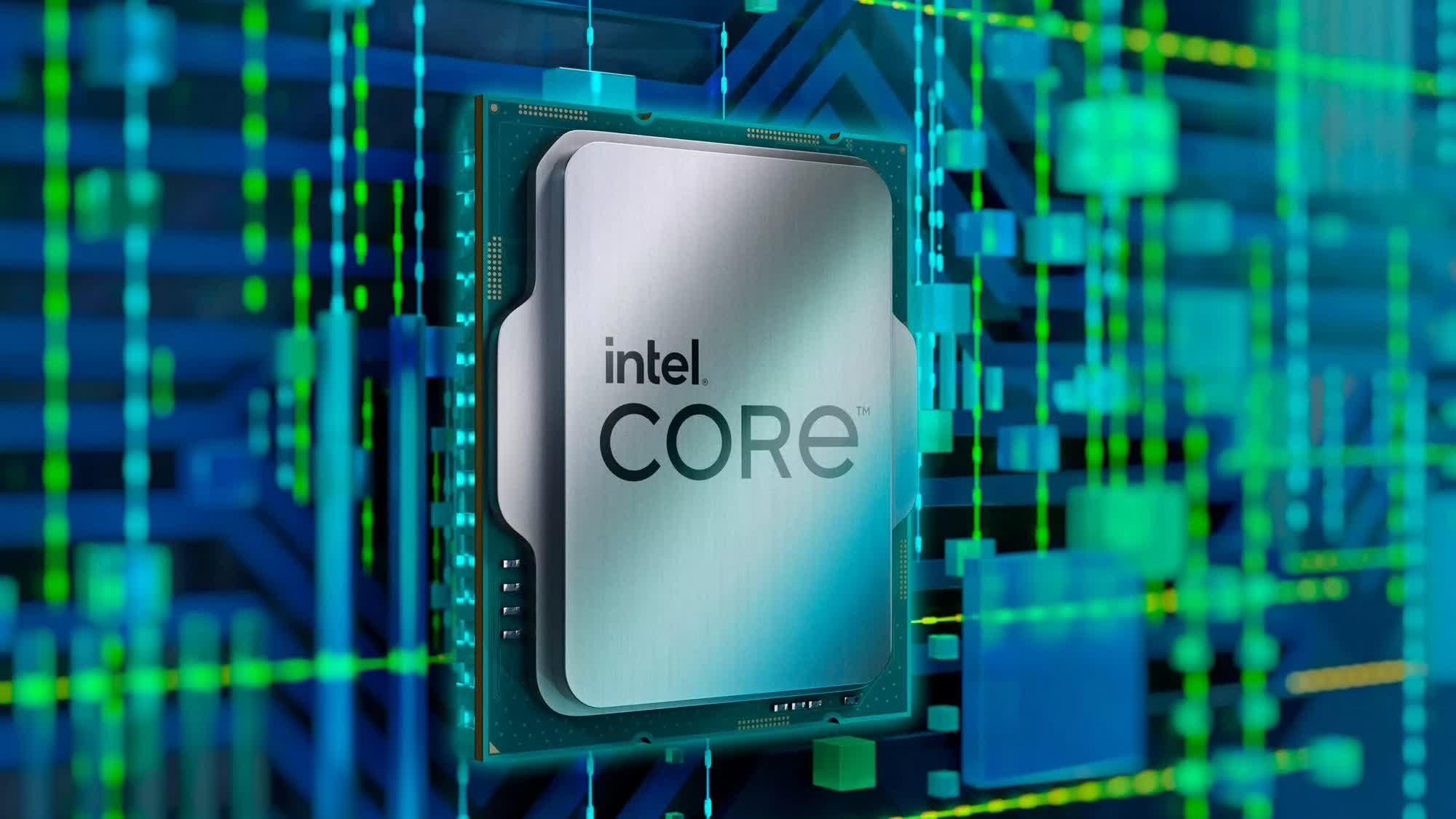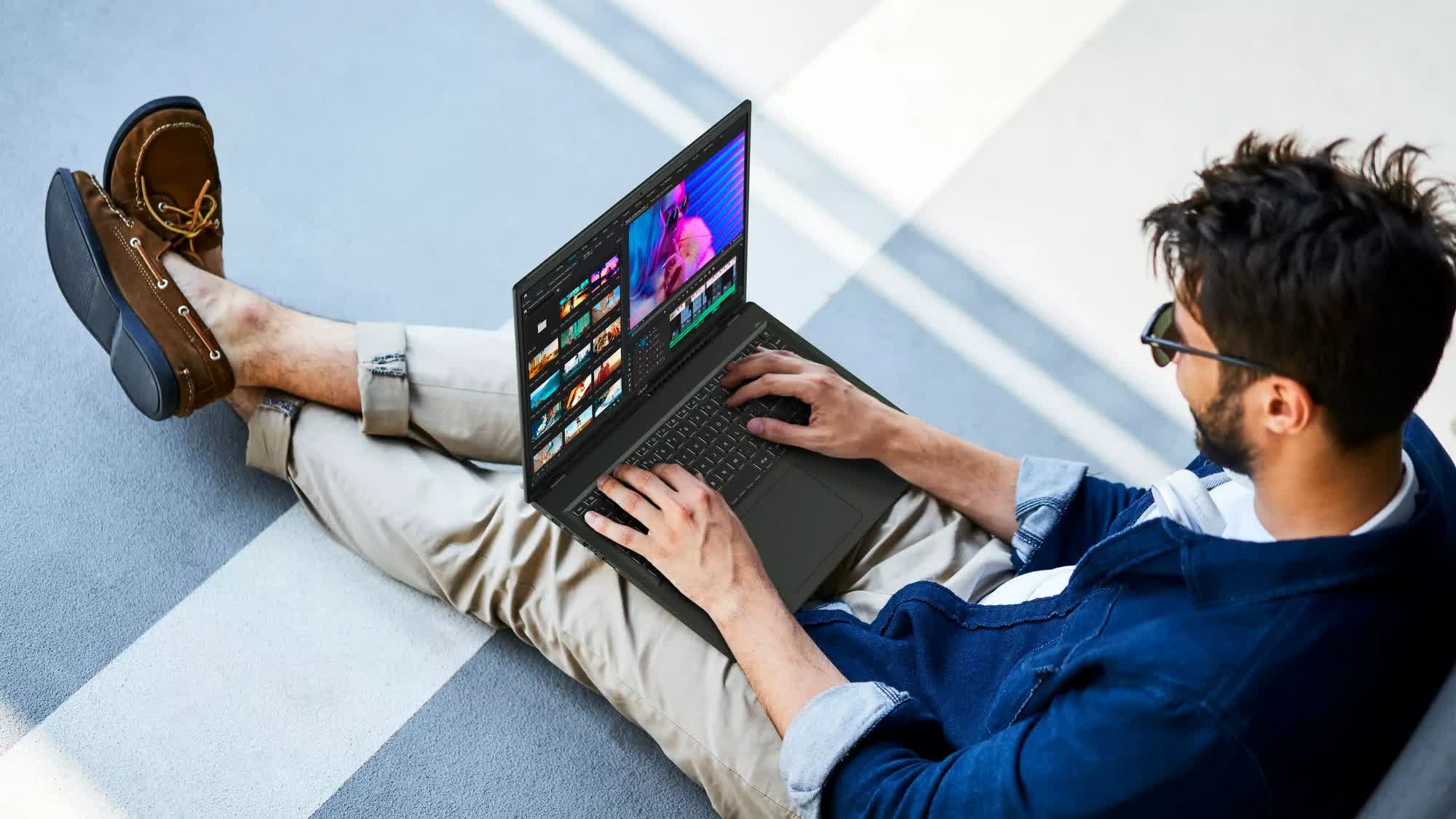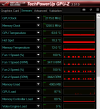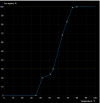What just happened? Hyper-Threading has been a longstanding feature in Intel CPUs, but that might change in the near future. According to a recent report, Intel's upcoming 15th-gen Core "Arrow Lake" desktop processors may do away with HT technology. While earlier rumors hinted at such a development, this would represent a significant decision for Intel, one that might leave many prospective customers disappointed.

The information is sourced from confidential Intel documentation recently leaked by tipster @yuuki_ans (since deleted) and highlighted by the German site 3DCenter. Although the initial focus was on the specifications of the Arrow Lake-S chips, a closer inspection revealed that the processors will likely feature eight performance cores and as many threads, lacking support for simultaneous multi-threading (SMT).
The exclusion of Hyper-Threading could have a potentially adverse impact on the performance of Arrow Lake chips in some situations. While single-threaded performance may remain unaffected due to the removal of HT, certain multi-threaded applications might experience a slight decline when compared to hyper-threaded processors, such as the Raptor Lake and Raptor Lake Refresh chips.

Fortunately for gamers, the removal of Hyper-Threading is not expected to impact gaming performance in AAA titles. In fact, Intel is reportedly targeting a 30 percent improvement in gaming performance with its Arrow Lake lineup. There's a high probability that the company can achieve this through architectural improvements and higher clock speeds, regardless of the absence of extra threads.
Hyper-Threading was initially introduced by Intel in the early 2000s to enhance the performance of its single-core Xeon and Pentium 4 processors in multi-threaded workloads. However, the x86 landscape has undergone significant changes since then, and the availability of processors with numerous cores means that Hyper-Threading is not as crucial today as it was a couple of decades ago. Nevertheless, it still provides assistance in some heavily-threaded applications and can offer a notable performance boost in certain scenarios.
For those wondering, the original leaked document revealed quite a few details about the upcoming Arrow Lake-S chips. First off, they could feature up to an 8+16+1 core configuration and support DDR5-6400 memory, which would be a nice improvement over the DDR5-5600 RAM supported by the 14th-gen lineup. The document also revealed that Arrow Lake-S will support 24 PCIe lanes, including 16 PCIe 5.0 lanes for the GPU and eight for NVMe SSDs.
https://www.techspot.com/news/101599-intel-arrow-lake-s-desktop-processors-could-ditch.html

